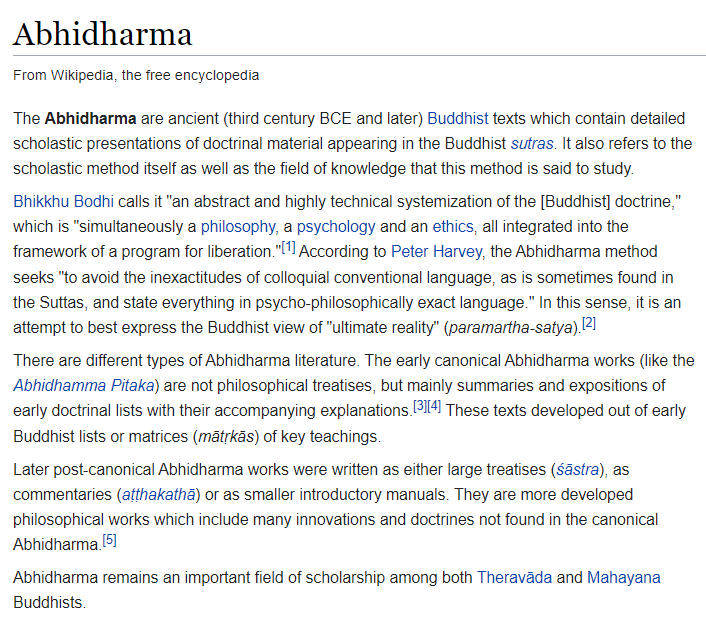
Fan of #RichardFeynman. No medical advice intended. #Counterintuitive. Retired anesthesiologist and pain management
How to get URL link on X (Twitter) App


 Psychedelics, hallucinogens, excessive stress, grief, hypoglycemia, ischemia, stroke, encephalitis, exhaustion etc. can all disrupt capacity of mind to provide a coherent perceptual experience./2
Psychedelics, hallucinogens, excessive stress, grief, hypoglycemia, ischemia, stroke, encephalitis, exhaustion etc. can all disrupt capacity of mind to provide a coherent perceptual experience./2